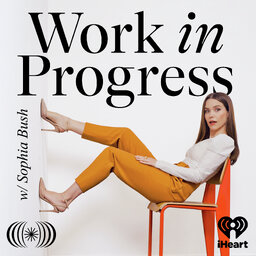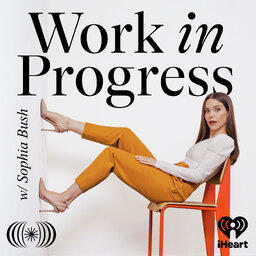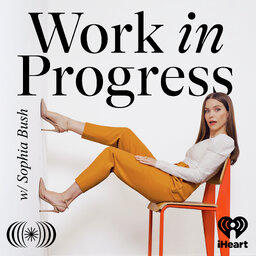On today's special bonus episode, Sophia sits down with Tom Parsekian, who is running for Los Angeles County Superior Court Judge in the election on March 3rd. They discuss the importance of having integrity in the judicial system, why local elections matter, what it's like to argue on behalf of people and their rights, how his parents shaped his values, and much more.
Executive Producers: Sophia Bush & Sim Sarna
Supervising Producer: Allison Bresnick
Associate Producer: Caitlin Lee
Editors: Josh Windisch and Matt Sasaki
Music written by Jack Garratt and produced by Mark Foster
Artwork by Kimi Selfridge
This show is brought to you by Brilliant Anatomy.
In 1 playlist(s)
Work in Progress with Sophia Bush
Work in Progress with Sophia Bush features frank, funny, personal, professional, and sometimes even …Social links
Follow podcast
Recent clips

Work in Progress: Jeannie Mai
55:24

Work in Progress: Mika Brzezinski
1:01:11

Work In Progress: Sophia answers fan questions
23:52
 Work in Progress with Sophia Bush
Work in Progress with Sophia Bush